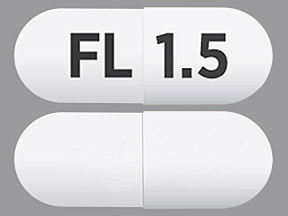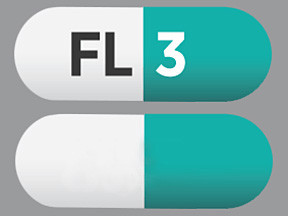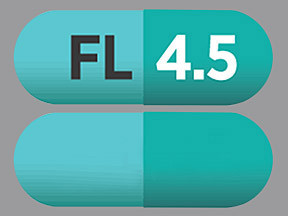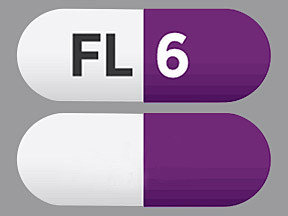CARIPRAZINE - ORAL
PHONETIC PRONUNCIATION: (kar-IP-ra-zeen)
COMMON BRAND NAME(S): Vraylar
GENERIC NAME(S): cariprazine HCl
Uses
USES: Cariprazine is used to treat certain mental/mood disorders (such as bipolar disorder, schizophrenia). Cariprazine belongs to a class of drugs known as atypical antipsychotics. It works by helping to restore the balance of certain natural substances in the brain. This medication can decrease hallucinations, help you to think more clearly and positively about yourself, feel less agitated, and take a more active part in everyday life.
How to use CARIPRAZINE - ORAL
HOW TO USE: Take this medication by mouth with or without food as directed by your doctor, usually once daily. The dosage is based on your medical condition, response to treatment, and other medications you may be taking. Be sure to tell your doctor and pharmacist about all the products you use (including prescription drugs, nonprescription drugs, and herbal products). To reduce your risk of side effects, your doctor may direct you to start this medication at a low dose and gradually increase your dose. Follow your doctor's instructions carefully. Use this medication regularly to get the most benefit from it. To help you remember, take it at the same time each day. Do not increase your dose or use this drug more often or for longer than prescribed. Your condition will not improve any faster, and your risk of side effects will increase. Tell your doctor if your condition does not get better or if it gets worse.
Side Effects
Precautions
Interactions
Overdose
Images
Reviews
Faq for CARIPRAZINE - ORAL
Cariprazine is an oral medication used for the treatment of schizophrenia and bipolar disorder.
Cariprazine works by balancing the neurotransmitters in the brain, specifically targeting dopamine and serotonin receptors. This helps to stabilize mood and reduce symptoms of psychosis.
Cariprazine is usually taken once daily with or without food. It is important to follow the instructions provided by your healthcare provider and take the medication at the same time each day.
Common side effects of cariprazine may include nausea, vomiting, dizziness, lightheadedness, drowsiness, headache, and weight gain. It is important to report any severe or persistent side effects to your healthcare provider.
Yes, cariprazine can interact with certain medications including antidepressants, antipsychotics, and certain antibiotics. It is important to inform your healthcare provider about all the medications you are taking to avoid potential drug interactions.
Cariprazine may take several weeks to start showing its full effect. It is important to continue taking the medication as prescribed and not to stop abruptly without consulting your healthcare provider.
There is limited data available on the use of cariprazine during pregnancy or breastfeeding. It is important to discuss the potential risks and benefits with your healthcare provider before taking cariprazine while pregnant or breastfeeding.
If you miss a dose, take it as soon as you remember. However, if it is close to the time for your next dose, skip the missed dose and continue with your regular dosing schedule. Do not take a double dose to make up for a missed one.
Stopping cariprazine abruptly may lead to withdrawal symptoms such as nausea, vomiting, dizziness, anxiety, and sleep disturbances. It is important to consult your healthcare provider for a proper tapering schedule if you wish to discontinue the medication.
Warning
WARNING: There may be a slightly increased risk of serious, possibly fatal side effects (such as stroke, heart failure, fast/irregular heartbeat, pneumonia) when this medication is used by older adults with dementia. This medication is not approved for the treatment of dementia-related behavior problems. Discuss the risks and benefits of this medication, as well as other effective and possibly safer treatments for dementia-related behavior problems, with the doctor.
Disclaimer
IMPORTANT: HOW TO USE THIS INFORMATION: This is a summary and does NOT have all possible information about this product. This information does not assure that this product is safe, effective, or appropriate for you. This information is not individual medical advice and does not substitute for the advice of your health care professional. Always ask your health care professional for complete information about this product and your specific health needs.





No Reviews Yet